Project Firstline

INFECTION PREVENTION AND CONTROL TRAINING
FOR NURSES. BY NURSES.

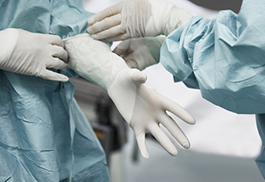
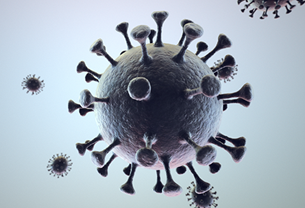
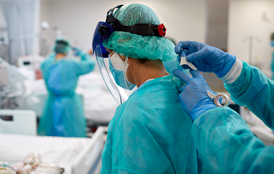
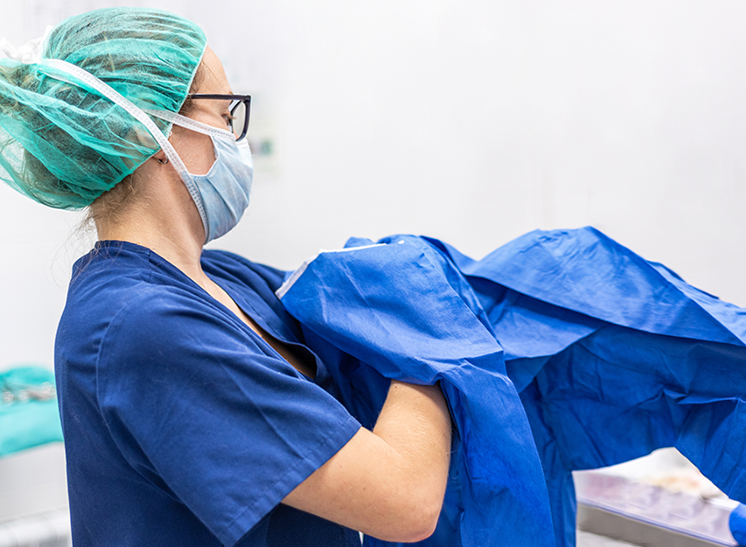
Training Courses
Explore a free, comprehensive online course curriculum to expand your knowledge on IPC guidelines, COVID-19 precautions, and best practices.
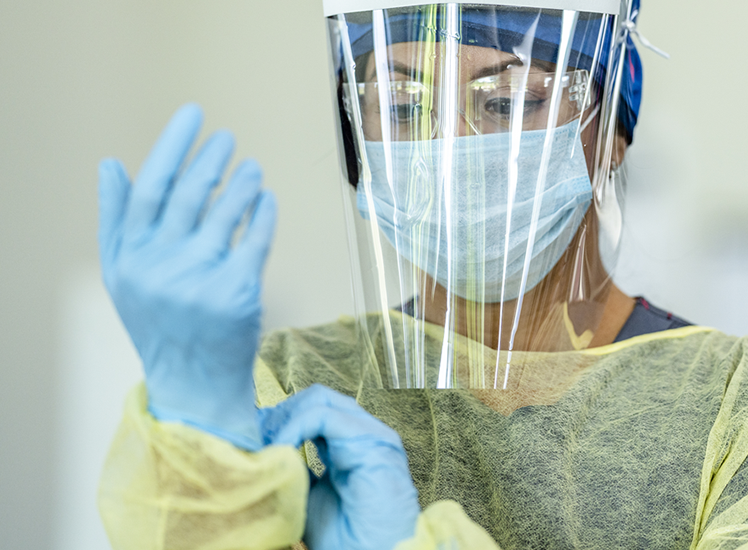
On-The-Go Resources
Gain practical tips with short, user-friendly videos from CDC, APIC, WHO, and more. Topics include The Ins and Outs of PPE, Tips to Reduce Transmission, and an introduction to Project Firstline.

Learn More
Project Firstline is ANA’s collaborative effort with the CDC to bring together a broad range of health care and public health experts to provide IPC training.
-
ANALYZE
infection data, facts and trends, and share your findings with other health care professionals.
-
EDUCATE
colleagues and patients on how to control and prevent outbreaks of infectious diseases. They create and share sanitation plans to be implemented in a variety of health care facilities. If an infectious disease poses a threat outside such facilities, ICNs work with community leaders to educate the broader public on how to ensure their health and safety.
-
INSTRUCT
and reinforce infection control practices to fellow and future ICNs, and other medical professionals. In this capacity, ICNs act as a liaison between practicing medical officials and the Centers for Disease Control (CDC).
-
RESEARCH
with scientists and doctors to study and identify bacteria of infectious diseases and find new ways to treat or eliminate harmful illnesses.
-
INNOVATE
through problem solving and analysis. ICNs have the ability to positively impact everything from new handwashing practices to improved PPE and procedures, always finding safer ways to practice nursing and protect their patients.

As a nurse, having trustworthy, accurate information is vital during healthcare crises like COVID-19. These official CDC training materials are created by IPC experts for healthcare professionals. Learn PPE safety tips, infectious disease guidelines, how to speak to coworkers and patients about infection prevention, and more. Sign up today to learn how you can stop the spread.

